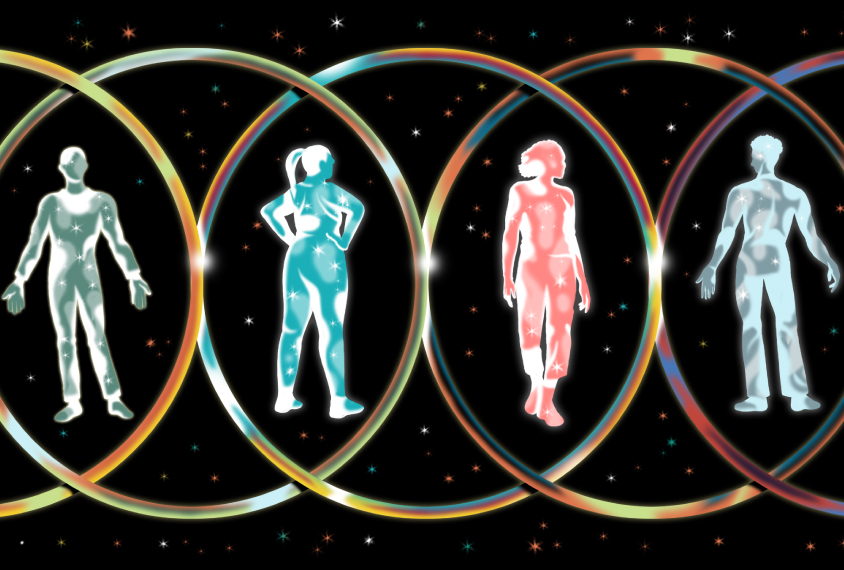Glenn Harvey
Illustrator
From this contributor
How long-read sequencing will transform neuroscience
New technology that delivers much more than a simple DNA sequence could have a major impact on brain research, enabling researchers to study transcript diversity, imprinting and more.

How long-read sequencing will transform neuroscience
What kind of autism research should we do, and where should we do it?
Researchers at INSAR 2023 need to discuss these questions and remember that the purpose of research may be different for different communities.

What kind of autism research should we do, and where should we do it?
New measure characterizes gender diversity in study participants
The Gender Self-Report could help autism researchers include more gender-diverse people across a range of ages and neurotypes in their work.

New measure characterizes gender diversity in study participants
Lessons from n-of-1 trials: A conversation with Joseph Gleeson
Some conditions are too rare for conventional drug trials, leading some scientists to test bespoke treatments in single participants. Gleeson discusses the merits — and limitations — of these tiny trials.

Lessons from n-of-1 trials: A conversation with Joseph Gleeson
Debut drug for Rett syndrome at edge of approval
The U.S. Food and Drug Administration plans to make an approval decision on the first-ever drug for girls and women with Rett syndrome by 12 March.

Debut drug for Rett syndrome at edge of approval
Explore more from The Transmitter
Machine learning spots neural progenitors in adult human brains
But the finding has not settled the long-standing debate over the existence and extent of neurogenesis during adulthood, says Yale University neuroscientist Juan Arellano.

Machine learning spots neural progenitors in adult human brains
But the finding has not settled the long-standing debate over the existence and extent of neurogenesis during adulthood, says Yale University neuroscientist Juan Arellano.
Xiao-Jing Wang outlines the future of theoretical neuroscience
Wang discusses why he decided the time was right for a new theoretical neuroscience textbook and how bifurcation is a key missing concept in neuroscience explanations.
Xiao-Jing Wang outlines the future of theoretical neuroscience
Wang discusses why he decided the time was right for a new theoretical neuroscience textbook and how bifurcation is a key missing concept in neuroscience explanations.
Memory study sparks debate over statistical methods
Critics of a 2024 Nature paper suggest the authors failed to address the risk of false-positive findings. The authors argue more rigorous methods can result in missed leads.

Memory study sparks debate over statistical methods
Critics of a 2024 Nature paper suggest the authors failed to address the risk of false-positive findings. The authors argue more rigorous methods can result in missed leads.